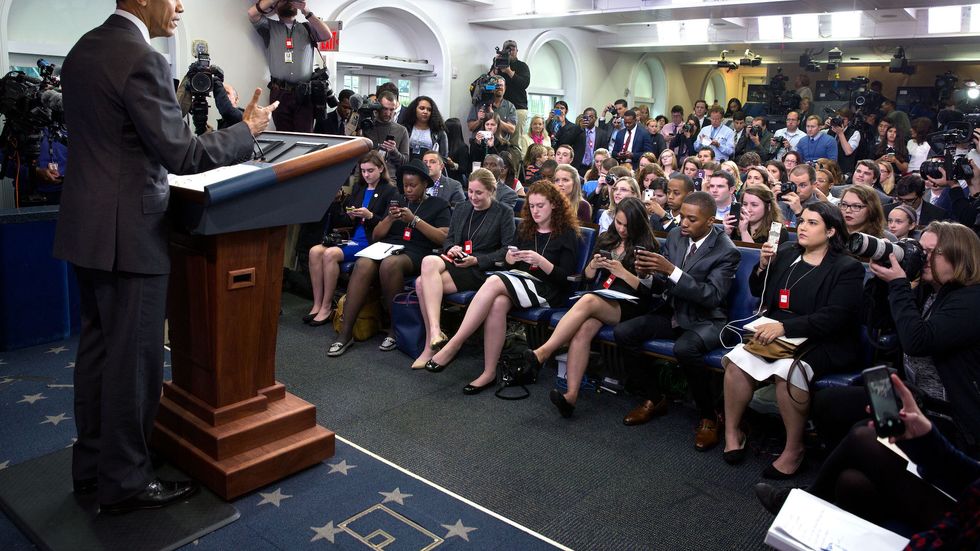Every four years, citizens of the United States ages 18 and older have the right to vote for the next leader of our country. What is astounding to me is how little information the younger generations have entering into this age bracket.
We must change this.
As a member of this cohort, I have first hand experience as to how much of an impact this can cast on the way younger people tend to vote. It was not until my senior year of high school that the idea of voting even crossed my mind, or even having an idea of which party I wanted to support.
What's more, some people advocate lowering the voting age to 16 years — to adolescents, with little to no political knowledge. If we ever want to seriously make this a reality, our education systems first need major reform. As a double major in political science and international studies, I look back and wish that the base of my high school history requirement was government, rather than world history. Secondary education establishments have a civic duty to reform this, in order to send well-rounded and educated voters off into the real world. Government should be the main focus of high school history classes and utilize the additional history courses to build off of their understanding of politics and how our government works. It will create a higher spark of interest in history classes I can almost guarantee.
It was not until I took a course in comparative politics my freshman year of college that I felt engaged with history, of the United States and beyond. I came into college ill-informed of the reality of politics, and can now say as a sophomore concentrating in this that the course sequence in high school truly does and will make a difference.
Let's begin building political engagement sooner rather than later, make it a stepping stone. Not only will this improve general knowledge of politics, but it can increase the number of political science and history majors in college. In order for America to reach its full potential, it's voters must be well informed. Every election matters, even smaller ones like town and municipal elections. Everybody should be voting, and with a concrete understanding of the policies they are supporting with the vote they cast.
Too many people are staying home when they should be at the polls. Politics is about so much more than the media portrays, and I personally feel that facts are not emphasized enough when it comes to younger voters. Bring these issues into the classroom, and remind your students to go out and vote.
Remember, your voice — and your vote — always matters.


















